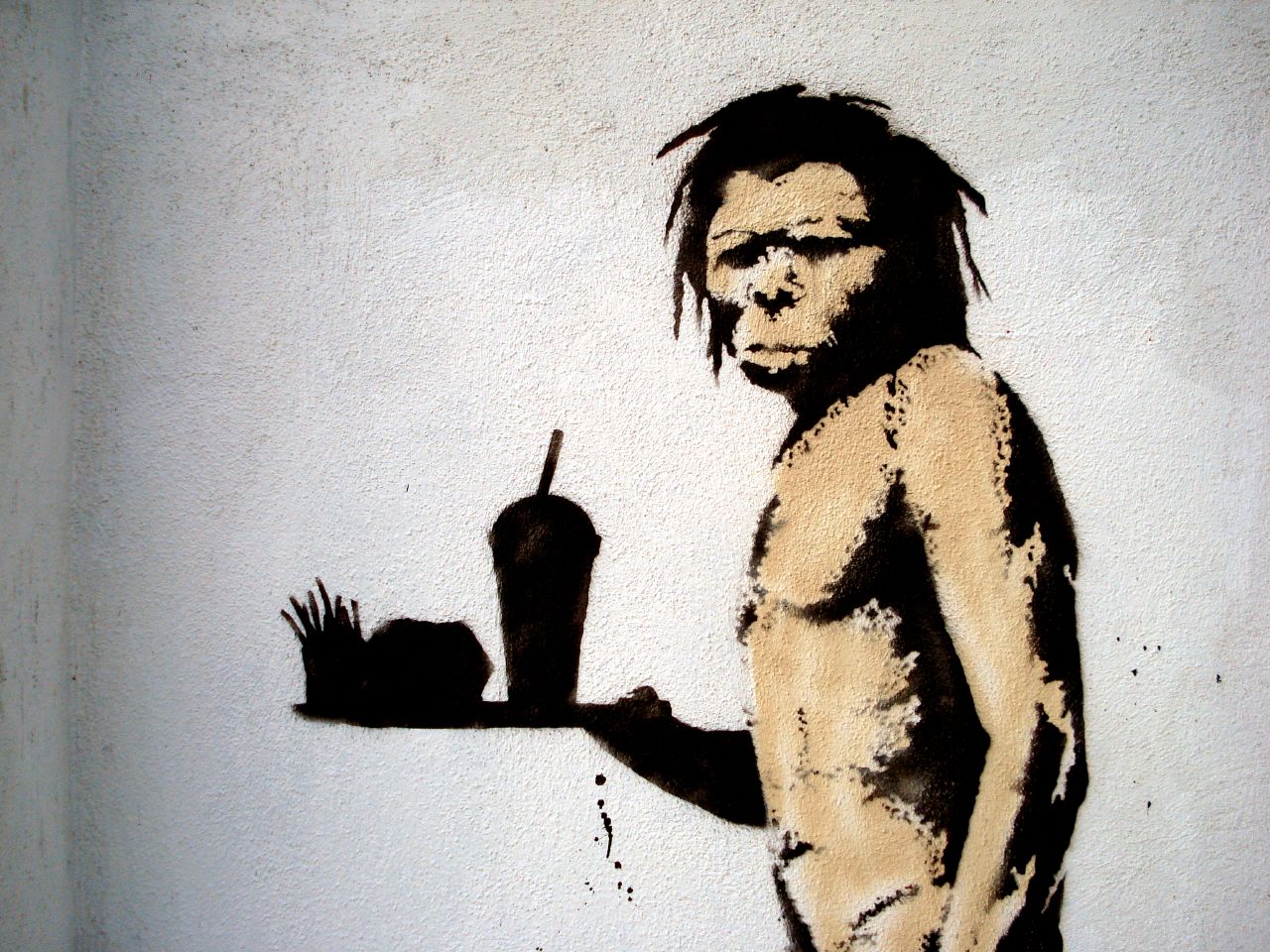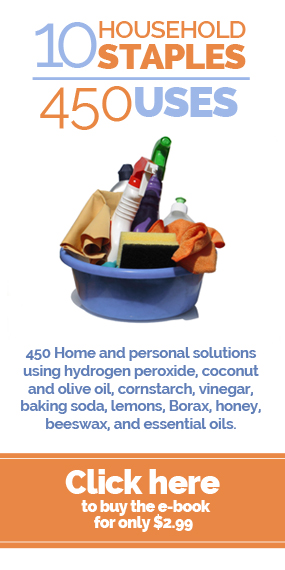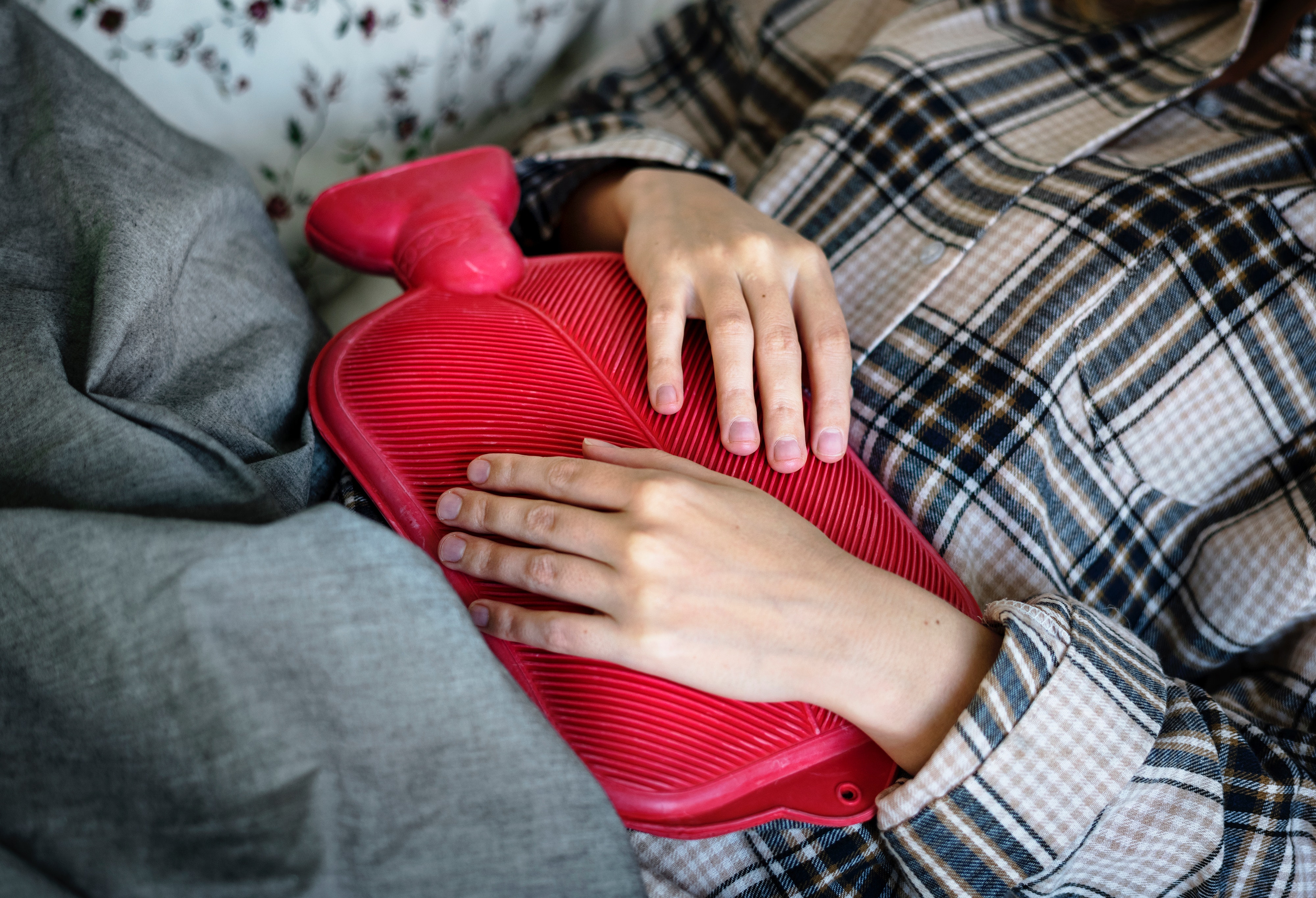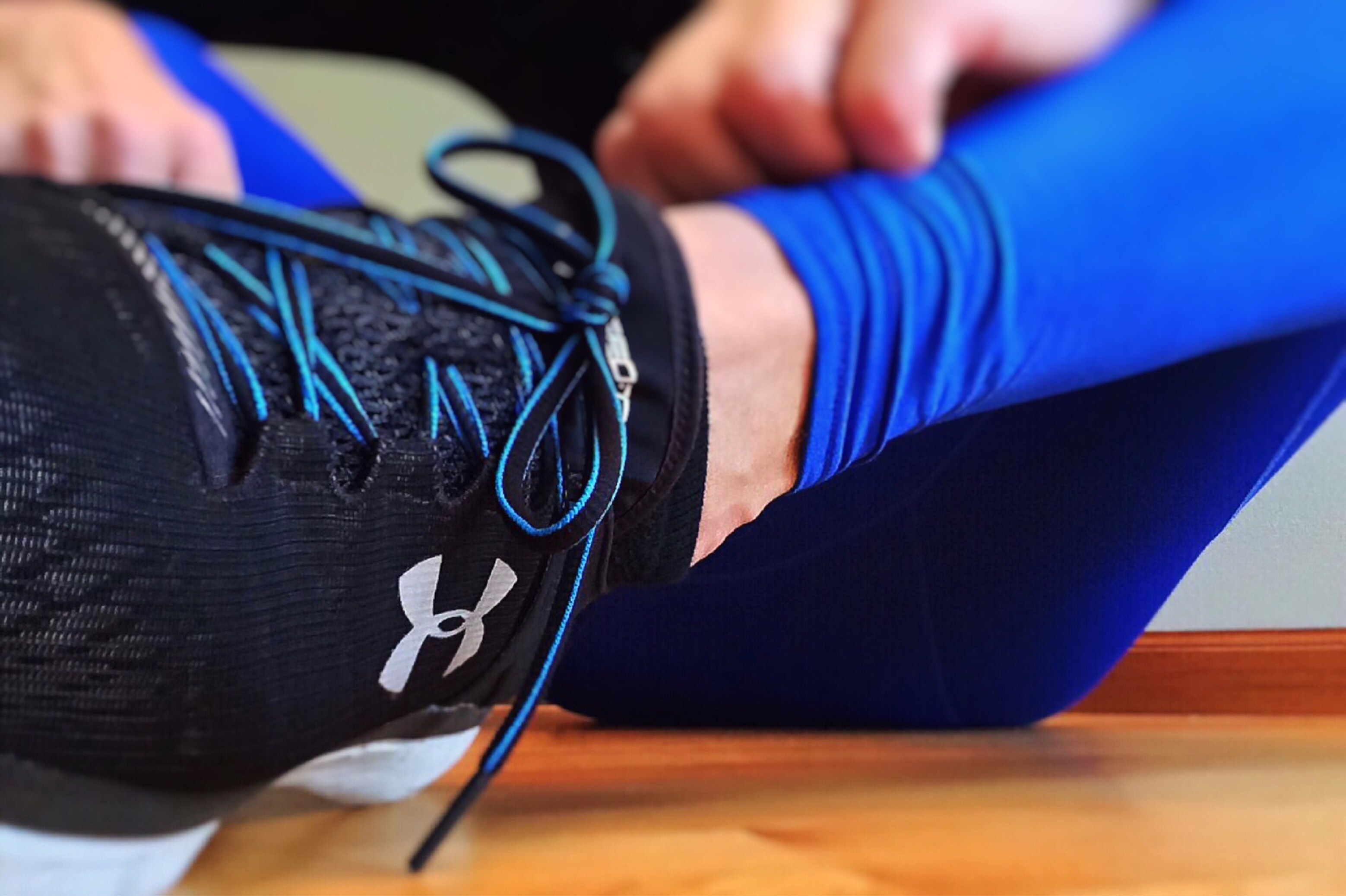I like to entertain thoughts in my head regarding diet and disease. Recently, I was talking to an acquaintance about gallstones. Gallstones form in the gallbladder and cause severe pain. Usually removal of the gallbladder is required, especially if a stone is blocking the release of bile.
The gallbladder is an organ located right up against your liver. It stores the bile that is made by your liver. When you eat a meal containing fat, your intestines signal your gallbladder to release the bile to help digest the fat you have just eaten. This system usually works in perfect harmony. Eat food, release bile, fat is digested and absorbed. Certain lifestyles and conditions increase the risk of developing gallstones. A lot of the studies point to obesity as being a major risk factor. I agree with this but only as one piece of the puzzle. Another risk factor is pregnancy.
Hormones regulate a lot of processes in our bodies so that is not surprising. Gallstone attacks seem to occur in people who have also recently lost a lot of weight/been on low calorie diets. Doctors usually don’t spend a whole lot of time going over why the stones developed in the first place or what could have caused them. They give the standard “well it runs in your family, your weight is a risk factor, yadda yadda yadda” The truth is, they don’t know exactly why, but I’m here to offer an explanation as to why these stones develop.
First, let me just put this out there. I think that low-fat diets are a major contributor to gallstone development. Think about it. Why is your gallbladder there? It’s there to store and release bile. What cause the release of bile? FAT. So if you eat a diet extremely low in fat, do you think your gallbladder releases the bile like it’s supposed to? No. The bile sits, waits, builds up, and hardens into stones. Then finally when you give in and have a fatty meal, your gallbladder contracts and wedges a nice stone in the duct leading out of the gallbladder. This can cause anywhere from dull to extreme pain. Now it’s time to operate to get that gallbladder out of there.
Let’s not also forget about the role that the gut plays in signaling the gallbladder. Your gut releases a hormone that signals the gallbladder to contract and release bile. It only does this when it senses significant amounts of fat. What if your gut is damaged? It releases less of the hormone because it can’t make it effectively due to the damaged gut. It probably also can’t sense the fat as well because of the damage. What damages the gut? Gluten can damage it, especially in people with celiac disease or those who are gluten intolerant. Lectins, found in legumes, also can damage the gut and cause leptin resistance, both of which have been linked to gallstone formation.
Finally, poor blood sugar regulation can increase gallstone formation. When you have constant blood sugar spikes, your liver makes lots of cholesterol that has to be put somewhere. If you eat a high fat, high carbohydrate diet, you basically prime the pump. You’re telling your body to make a ton of bile. Then when you stop and go on your low-fat diet, it concentrates the bile and you get some wonderful gallstones.
So what am I trying to say? STOP THE LOW-FAT MADNESS! I advocate a paleolithic style diet. This is a diet consisting of grass-fed/free range meats(beef, fish, chicken), non-starchy vegetables, and some fruit and nuts from time to time. There are no grains, no legumes, and no nasty “vegetable” oils in this diet. This means that it’s a moderate fat, high-protein diet with minimal carbs(usually). It’s perfect for that wonderful release of bile we all need to experience.
- Sources:
- http://www.ncbi.nlm.nih.gov/pubmedhealth/PMH0001318/
- Eur J Gastroenterol Hepatol. 2000 Dec;12(12):1347-52.
- http://www.ncbi.nlm.nih.gov/pubmed/10711462
- http://www.ncbi.nlm.nih.gov/pubmed/10903004
- http://www.ncbi.nlm.nih.gov/pmc/articles/PMC1774557/?tool=pubmed
 By Dr. Jason Brown | Jason is a chiropractic physician currently practicing in Centreville, VA. He earned his Bachelor’s Degree in Nutrition from the University of North Carolina Greensboro and graduated from Palmer College of Chiropractic in Florida with his Doctor of Chiropractic degree. Dr. Brown has extensive knowledge regarding the effects of diet on inflammation and disease. He can be reached for questions and comments at drbrown@centrevillechiro.com or www.centrevillechiro.com.
By Dr. Jason Brown | Jason is a chiropractic physician currently practicing in Centreville, VA. He earned his Bachelor’s Degree in Nutrition from the University of North Carolina Greensboro and graduated from Palmer College of Chiropractic in Florida with his Doctor of Chiropractic degree. Dr. Brown has extensive knowledge regarding the effects of diet on inflammation and disease. He can be reached for questions and comments at drbrown@centrevillechiro.com or www.centrevillechiro.com.





My grandmother had her gall bladder removed years ago. I saw pics of the gall stones – don’t ask me why they take pics during the surgery? Any way, more like gall ROCKS! Huge and really disgusting!